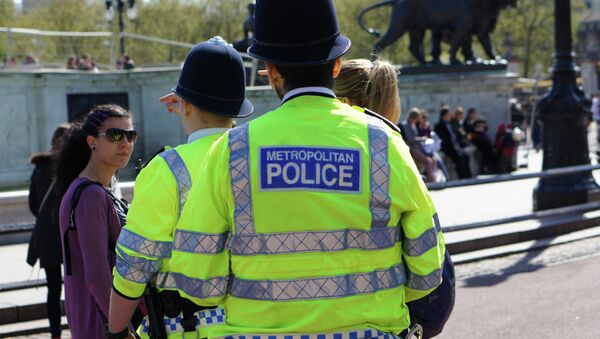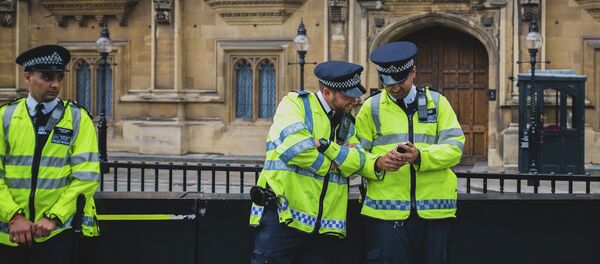The "Plebgate" (or "Plodgate", "Gategate") is a scandal dating back to 19 September 2012 between the Government Chief Whip Conservative MP Andrew Mitchell, who later resigned because of the incident, and the police of the United Kingdom.
MET looked for phone call records between Mitchell and police following the newspaper article about their dispute.
Scotland Yard aimed to uncover the police officer who leaked the incident to the newspaper and had received official permission to seek the records.
The three journalists in question appealed to the European Convention of Human Rights that protects freedom of speech while claiming the police actions were unwarranted
Now read the Sun story. Very serious allegations (not from me) against sitting MP. Full police investigation essential immediately.
— John Mann (@JohnMannMP) July 19, 2015
The court will see an unparalleled case against Britain's' largest police force with a rare public sitting of the High Court Body, engaging in monitoring and surveillance malpractice.
MET, believed to have identified the newspaper source, is eligible to get permission from superiors to search phone records under a key 2000 law, designed to control information leaking to terrorists and criminals.
At the same time the Sun's parent News Group Newspapers, the paper's political editor Tom Newton Dunn and reporters Anthony France and Craig Woodhouse will argue the clash between police officers and journalists' rights claiming that police actions made for "coercive legal powers by the state".
#Plebgate police officer wins £80,000 damages in Andrew Mitchell libel action. pic.twitter.com/RQ44l8FPhQ
— Slater and Gordon UK (@SlaterGordonUK) July 9, 2015
Last November Mitchell lost a High Court libel action against the Sun's publishers after the judgment in which he was blamed to call policemen as "plebs" while attempting to cycle through Downing Street's gate on his way to work.
Five judges, including two from the High Court, will hear the Sun's claim on July 22.



